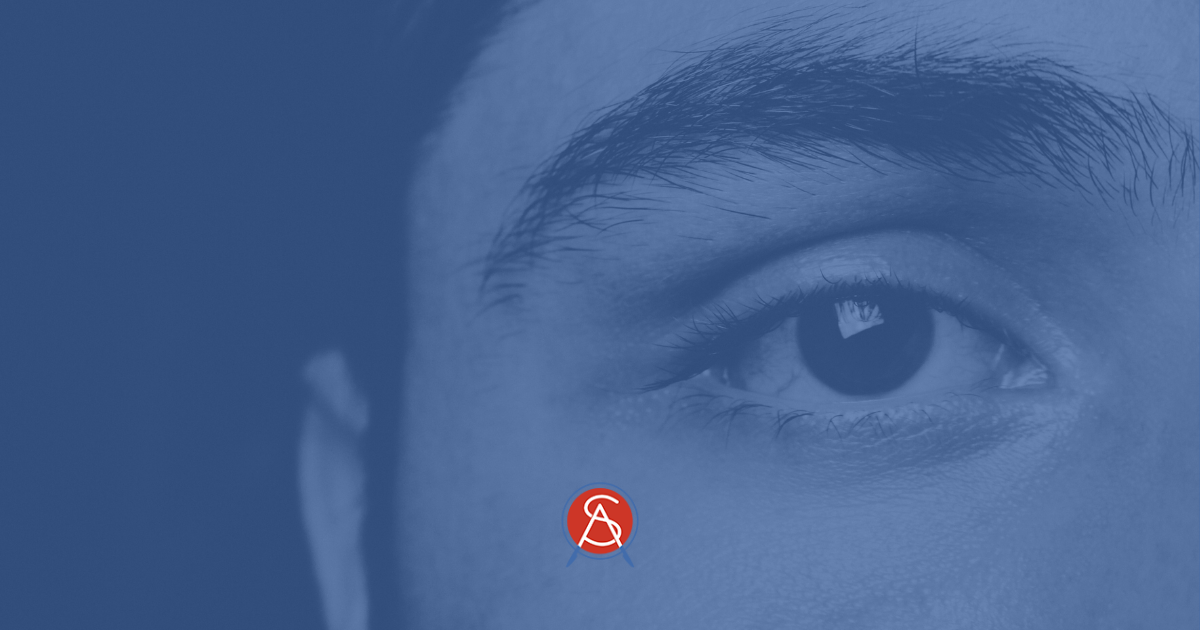Eyes are the windows to the soul, and keeping your body healthy helps to keep those windows operating smoothly! If you are obese you may be more concerned about your heart health than your vision, but the risks for diabetic eye diseases, including glaucoma, are increased by obesity.

What is Glaucoma?
Glaucoma is a general word for a group of eye diseases that lead to irreversible damage of the optic nerve, which connects your eye to your brain and can cause total blindness if left untreated. Slow vision loss is usually the only symptom and since the condition can’t be cured, it’s important to be aware of your risk factors and see an ophthalmologist regularly. These risk factors can include:
- a family history of glaucoma (especially a first-degree relative such as a parent, sibling or child)
- type-2 diabetes
- old age
- severe nearsightedness
- and being of African or Hispanic descent1
Primary open-angle glaucoma (POAG) is the most common type of glaucoma in the US, and it affects an estimated 2.7 million people over the age of 40.2 POAG generally has no main symptoms but we do know that high eye pressure plays a major part in the development of the disease. Likewise, lowering eye pressure is the only proven treatment to slow its progress.1 Obesity is related type-2 diabetes and increased eye pressure…individuals with type-2 diabetes are at a higher risk of developing POAG and should have a yearly dilated eye exam with their ophthalmologist to detect symptoms.
There are two other forms of glaucoma that diabetic patients have a heightened risk of developing. Neovascular glaucoma is when new vessels grow abnormally, usually onto the iris and the eye’s drainage system, causing scar tissue to develop. Steroid-induced glaucoma is caused by steroid eye drops or injections3 which can cause increased eye pressure and damage to blood vessels in the retina. Luckily steroid-induced glaucoma is reversible without permanent damage if the steroids are stopped quickly enough.
Early Detection is Critical!
About 50% of individuals with glaucoma are totally unaware they even have it, so early detection is critical to the prevention of the disease.2 Just as keeping your blood pressure, blood sugars, and cholesterol in check is necessary for your overall health and well-being, doing so is equally as important for the health of your eyes. Losing weight is likely to help with all of these conditions. If you have diabetes, talk to your doctor about ways to improve your blood sugar control, and please, don’t put off your eye exams. Get your eyes checked regularly so that the complications of glaucoma in connection with diabetes can be caught and addressed quickly!
References:
1https://www.brightfocus.org/glaucoma/article/primary-open-angle-glaucoma
2https://www.cdc.gov/mmwr/volumes/65/wr/mm6501a4.htm?s_cid=mm6501a4_w
3https://www.brightfocus.org/glaucoma/article/glaucoma-and-diabetes




